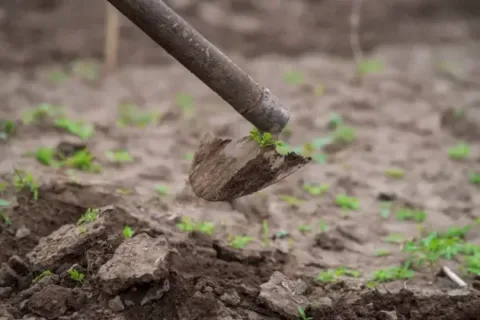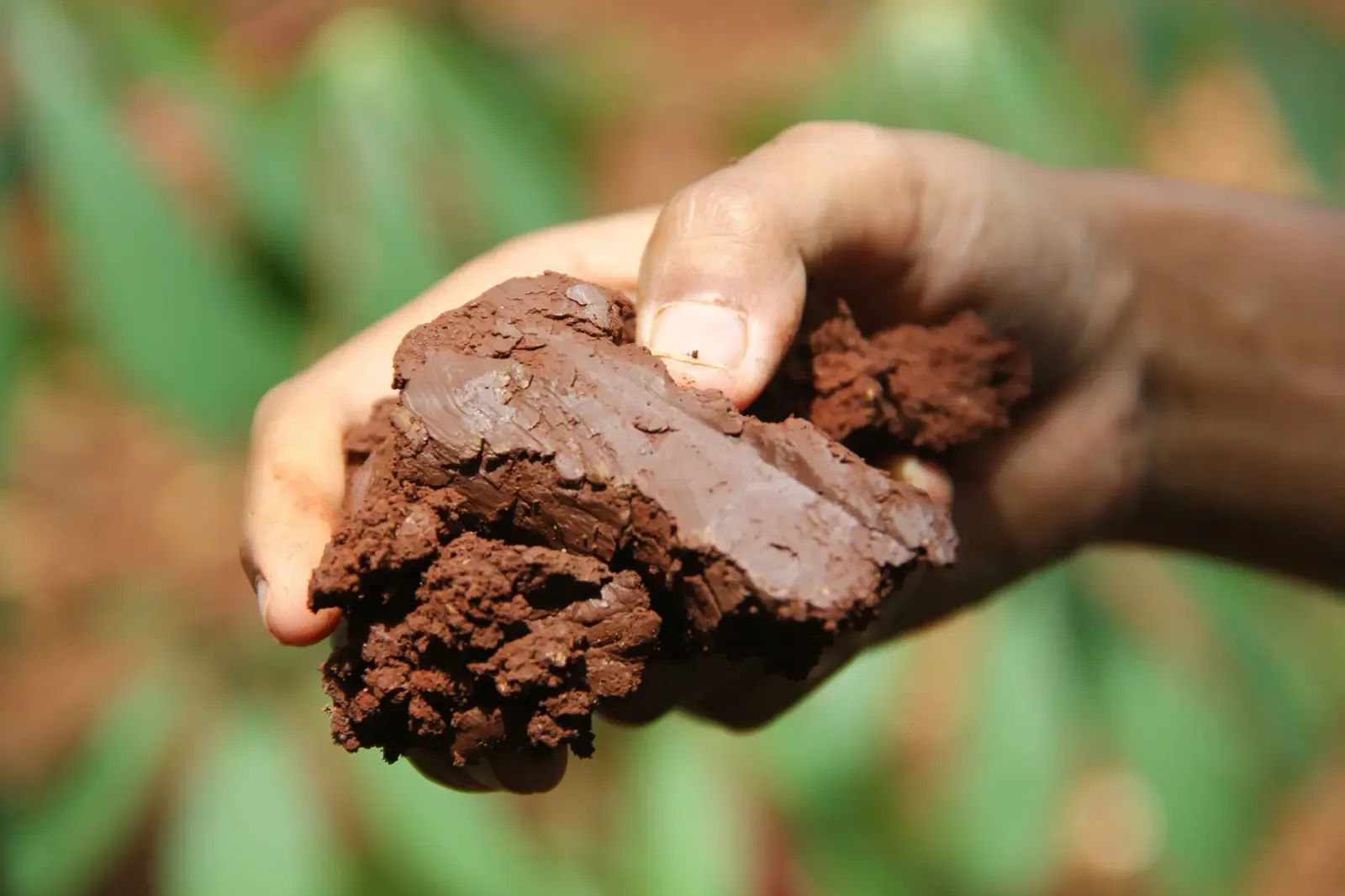Soil Secrets for Newcomers: Tackling East Tennessee Clay for Summer Gardening Success
 Welcome to East Tennessee! If you’ve recently moved here—from the sandy soils of Florida, the loam of the Midwest, or the rocky terrains of the Northeast—you might be in for a surprise when you dig your first garden bed.
Welcome to East Tennessee! If you’ve recently moved here—from the sandy soils of Florida, the loam of the Midwest, or the rocky terrains of the Northeast—you might be in for a surprise when you dig your first garden bed.
Beneath our scenic landscapes and forested ridges lies one of the region’s biggest gardening challenges: dense, sticky clay soil. But don’t worry—we’ll walk you through everything you need to know to tame this tough soil and create a thriving summer garden in your new Tennessee home.
What Makes East Tennessee Soil So Different?
Unlike the loose, well-draining soil you may have known elsewhere, East Tennessee’s clay soils are:
- Heavy and compact, often holding too much water
- Rich in minerals, especially iron (which gives them a red or orange hue)
- Slow to warm up in spring, meaning delayed planting windows
- Low in organic matter, which limits root development and soil life
For many newcomers, these soil conditions can be a surprise, but once you understand them, you’ll see they can actually benefit your garden when managed well.
How to Know If You’re Dealing With Clay
Try this simple test:
- Grab a handful of moist soil.
- Roll it into a ball, then press it into a ribbon shape.
- If it forms a long, smooth ribbon and feels sticky, congratulations—you’ve got clay!
Step-by-Step: Turning Clay Into Garden Gold
Even if you’re starting from scratch, a few smart techniques can drastically improve your soil.
- Break Up the Compaction
Use a broadfork or digging fork to aerate and loosen the soil without turning it completely over. This preserves soil microbes and improves drainage.
Tip: Avoid digging when the clay is wet—it clumps and compacts more easily.
- Double Dig for Planting Beds
Especially for vegetable gardens or perennial borders:
- Remove the top 12 inches of soil and set it aside.
- Loosen the layer underneath.
- Mix in compost and return the topsoil.
This gives the roots room to stretch and water room to drain.
- Use Raised Beds and Berms
If your yard stays soggy or has poor drainage, raised beds filled with amended soil are a great option. They’re beginner-friendly and great for quick garden setups.
Essential Soil Amendments for New Gardeners
If you’re new to the region, start with these proven helpers for East Tennessee clay:
✅ Mushroom Compost (Organic Gold!)
Adds nutrients and improves soil structure.
- Can be mixed with topsoil in a 50/50 ratio for new garden beds.
- Apply 2–4 inches and work it into the top layer of your beds.
- Best added in late spring or early summer.
✅ Pine Fines (Soil Conditioner)
Mini bark nuggets that break down slowly and help loosen soil.
- Great for acid-loving plants, such as azaleas and blueberries.
- Use as both an amendment and mulch.
Mistakes to Avoid (We See These a Lot from Newcomers!)
- Don’t till wet clay—it causes long-term damage to soil structure.
- Don’t skip mulch—it’s vital for regulating moisture and controlling temperature.
- Don’t assume what worked in your last garden will work here. East Tennessee is a whole different ballgame!
What Works Best in Knoxville’s Climate
Here at Willow Ridge, we’ve helped hundreds of newcomers adjust to gardening in Tennessee. Some of our most-recommended local solutions:
- Willow Ridge Mushroom Compost – Great for adding organic matter!
- Soil Conditioner – Pine bark fines, break up clay, and add organic matter.
- Expert Advice – Not sure where to start? Come by and talk to us!
 New to East Tennessee? Let Us Help You Grow.
New to East Tennessee? Let Us Help You Grow.
Getting used to clay soil is part of becoming a Tennessee gardener. But with the right start, you’ll be amazed at what your garden can do here. Whether you’re planting summer vegetables, shrubs, or a pollinator-friendly flower bed, the key is in your soil.
🌱 Stop by Willow Ridge Garden Center for expert advice, soil amendments, and all the tools you need to get growing in your new home.

